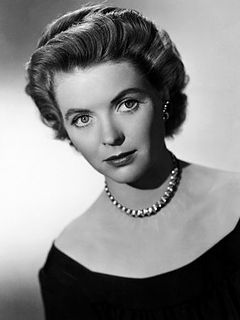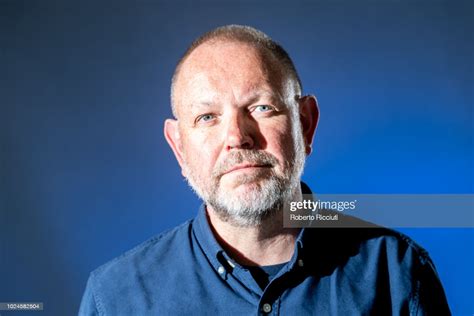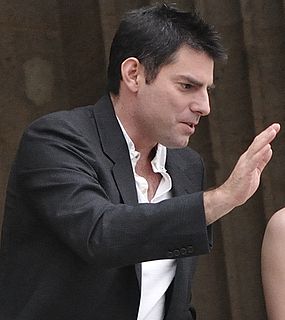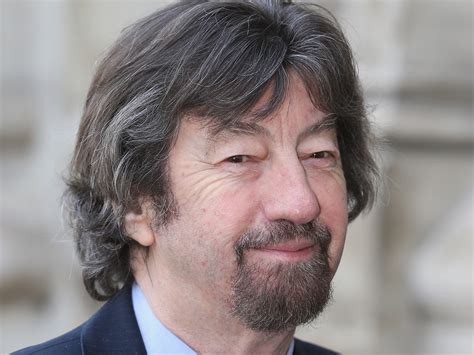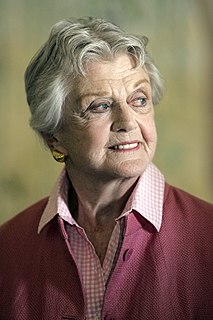A Quote by Dorothy McGuire
I had such extraordinary breaks from the moment I entered the theater.
Related Quotes
From the time I was five years old, theater was all I knew. I did community theater; I went to theater school. It's like going to the gym as an actor: every single night, you have to recreate the illusion of the first time, so you really have to listen and connect and stay in the moment for an hour and a half - with no breaks.
Adam and Eve entered the world naked and unashamed - naked and pure-minded. And no descendant of theirs has ever entered it otherwise. All have entered it naked, unashamed, and clean in mind. They entered it modest. They had to acquire immodesty in the soiled mind, there was no other way to get it. ... The convention mis-called "modesty" has no standard, and cannot have one, because it is opposed to nature and reason and is therefore an artificiality and subject to anyone's whim - anyone's diseased caprice.
My life has been so fortunate. I have had most extraordinary good fortune in my life. I sort of put it into three categories, the three major stepping stones. One being London Hippodrome theater stage debut when I was 12, when it started my career. The second being going to Broadway. And the third going to Hollywood. Each one of those happened under the most extraordinary circumstances.
Christians are as subject to complacency as anybody else, and we can certainly settle into repetition and forget that something radical and extraordinary is being asked of us as well - that we hold to an extraordinary promise about how, from moment to moment, something enters the world and enters us, after which everything is different.
In the silence of a midwinter dusk, there is a sound so faint that for all you can tell it may be only the sound of the silence itself. You hold your breath to listen. You are aware of the beating of your heart. The extraordinary thing that is about to happen is matched only by the extraordinary moment just before it happens. Advent is the name of that moment.
